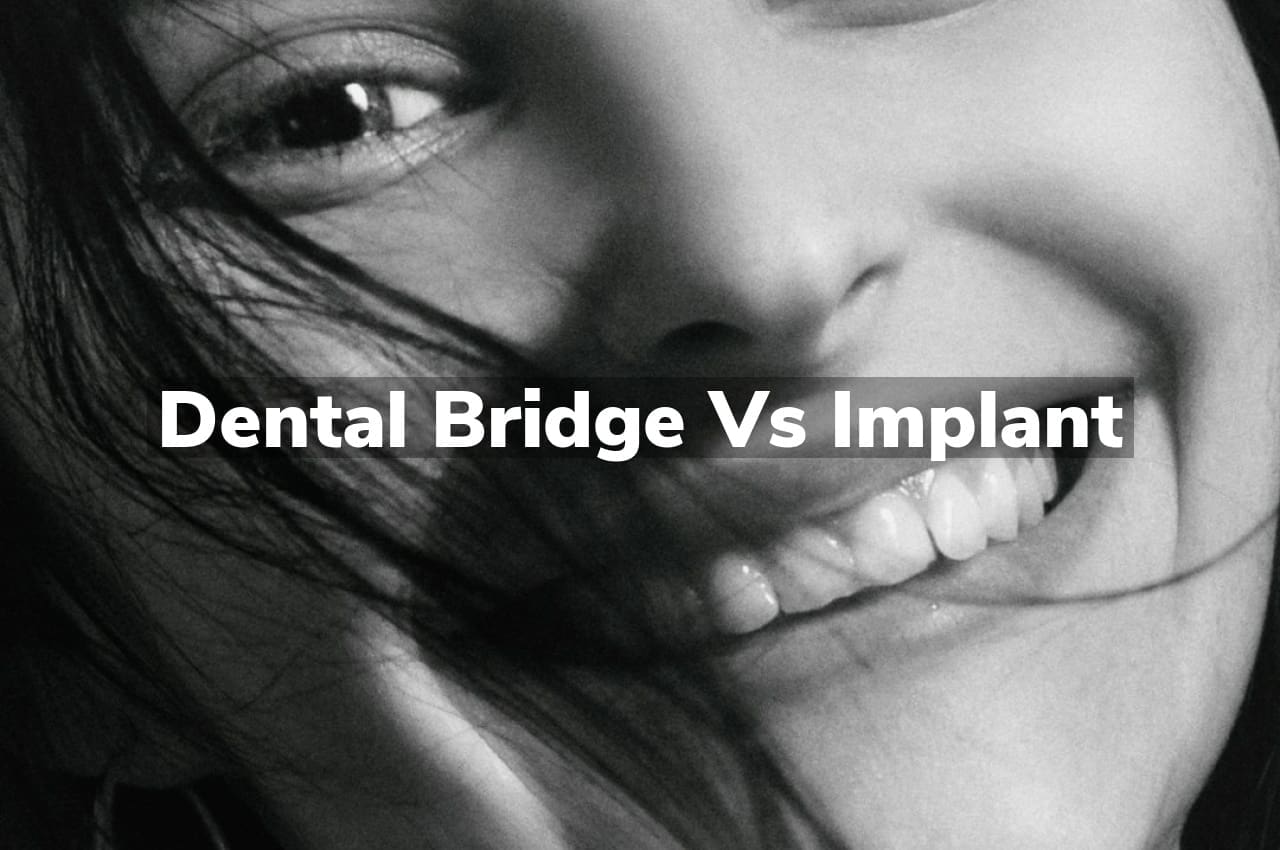Are you trying to decide between a dental bridge and an implant? Both options serve to replace missing teeth, but they differ significantly in procedure, longevity, and overall impact on oral health. Understanding these differences can help you make an informed decision about which option might be right for you.
Definition of Dental Bridge
A dental bridge is a fixed dental restoration used to replace one or more missing teeth by joining an artificial tooth definitively to adjacent teeth or dental implants. It essentially bridges the gap where teeth are absent. Dental bridges are made from a variety of materials, including porcelain, ceramics, or metal alloys, designed to blend in with the natural color of your teeth for a seamless appearance. The choice of material depends on the location of the missing tooth, the function of the bridge, and aesthetic considerations.
For individuals looking to understand the process in more detail, exploring a Dental Bridge Procedure can provide valuable insights into how dental professionals go about replacing missing teeth with bridges. This procedure involves preparing the adjacent teeth, taking impressions, and creating a bridge that perfectly fits the gap. The ultimate goal of a dental bridge is to restore both the functionality and appearance of your teeth, enhancing your smile and improving your ability to chew and speak comfortably.
Definition of Dental Implant
A dental implant is a surgical component that interfaces with the bone of the jaw or skull to support a dental prosthesis such as a crown, bridge, denture, facial prosthesis, or to act as an orthodontic anchor. Essentially, it serves as a replacement for the root of a missing tooth. This procedure is widely recognized for its ability to offer a strong foundation for fixed (permanent) or removable replacement teeth that are made to match your natural teeth. The process involves the insertion of a titanium post into the jawbone, which then fuses with the bone over a few months, providing stable support for artificial teeth.
Dental implants are celebrated for their durability and the way they seamlessly integrate into the oral cavity, closely mimicking natural teeth both in function and appearance. They not only help in restoring the aesthetics of one’s smile but also contribute significantly to improving oral health by maintaining the structure of the jawbone and preventing bone loss. For those considering alternatives to dental implants, Affordable dental bridges in Jefferson might be an option worth exploring.
Durability Comparison
When considering the longevity of dental bridges versus implants, it’s essential to understand that both options are designed to be long-lasting solutions for missing teeth. The durability of each option can vary based on several factors, including the individual’s oral health, the materials used, and the care and maintenance practices followed. Generally, dental implants are known for their robustness and can last many years, often being described as a permanent solution. On the other hand, dental bridges also offer a considerable lifespan, though they may require replacement or repair sooner than implants. The choice between the two should be made after consulting with a dental professional who can assess your specific needs and circumstances.
Aesthetic Outcomes
When considering the aesthetic outcomes of dental bridges versus implants, it’s essential to understand how each option integrates with your natural smile. Dental implants are known for their ability to mimic the look and feel of natural teeth closely, as they are individually crafted and inserted directly into the jawbone, offering a seamless appearance. On the other hand, dental bridges also provide a visually pleasing result by filling the gap left by missing teeth, using adjacent teeth as support. Both options aim to restore the beauty of your smile, but the choice between them may depend on various factors including the condition of surrounding teeth and personal preferences. For more detailed information, consider consulting with Joel W Yates Jr. D.D.S at here.
Procedure Time Differences
When considering the differences between dental bridges and implants, one significant factor to evaluate is the procedure time involved. Generally, the process for obtaining a dental bridge is quicker than that for an implant. A bridge can often be completed in a few weeks, requiring a couple of visits to the dentist. On the other hand, dental implants involve a more complex procedure that includes the surgical insertion of the implant into the jawbone, followed by a healing period that can last several months before the final crown is placed. This extended timeline is due to the need for the implant to integrate with the bone, a process known as osseointegration, ensuring a stable and durable foundation for the replacement tooth.
Conclusion
Deciding between a dental bridge and an implant is crucial for your oral health. For further inquiries, call us at 336-846-2323 or read our reviews on Google Maps.






